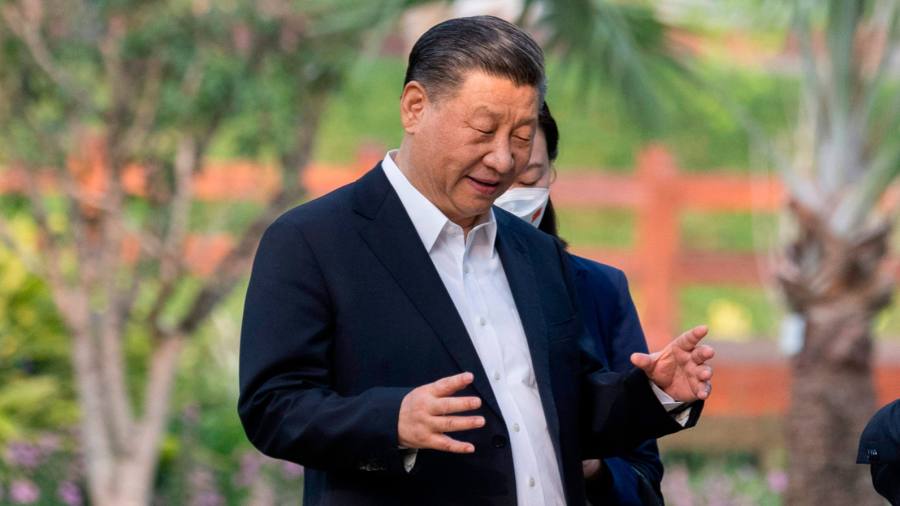[ad_1]
But that plan quickly began to unravel. That same month, the oba, in a written statement to the news media, said that he should be the sole recipient of the treasures and that anyone working with the trust was “an enemy.”
To overcome the oba’s opposition, Nigerian officials developed other options. This March, Abba Tijani, the director general of the museum commission, told a meeting of Western museum officials that Nigeria would build a royal museum in Benin City, on behalf of the oba and his court, to display many of the returned items. Mr. Tijani presented a vision for the museum, but no firm plans, according to two people who attended the meeting.
Just a few weeks afterward, President Buhari issued his surprise announcement.
In a phone interview, Mr. Tijani said he would challenge the president’s declaration. He declined to explain the legal grounds for the dispute, but said a three-page document authorizing the transfer contained errors.
Nigerian legal experts said in interviews that Mr. Tijani would either need to go to court to force a change, or hope that Bola Tinubu, Nigeria’s new president, who took office on Monday, issues a declaration to override his predecessor’s.
But while the confusion around the announcement may have pumped the brakes on new returns, few museum administrators seemed to regret deciding to give back the bronzes. Barbara Plankensteiner, the director of the Museum am Rothenbaum, a major ethnographic institution in Hamburg, Germany, said that recent events showed that restitution was a complex process, likely to be hit by snags.
“The Benin Bronzes are colonial loot,” she said, and should be returned like any stolen property. It was up to Nigeria to decide what happened to the items in its possession, not former colonial powers, she added.
[ad_2]
Source link




















